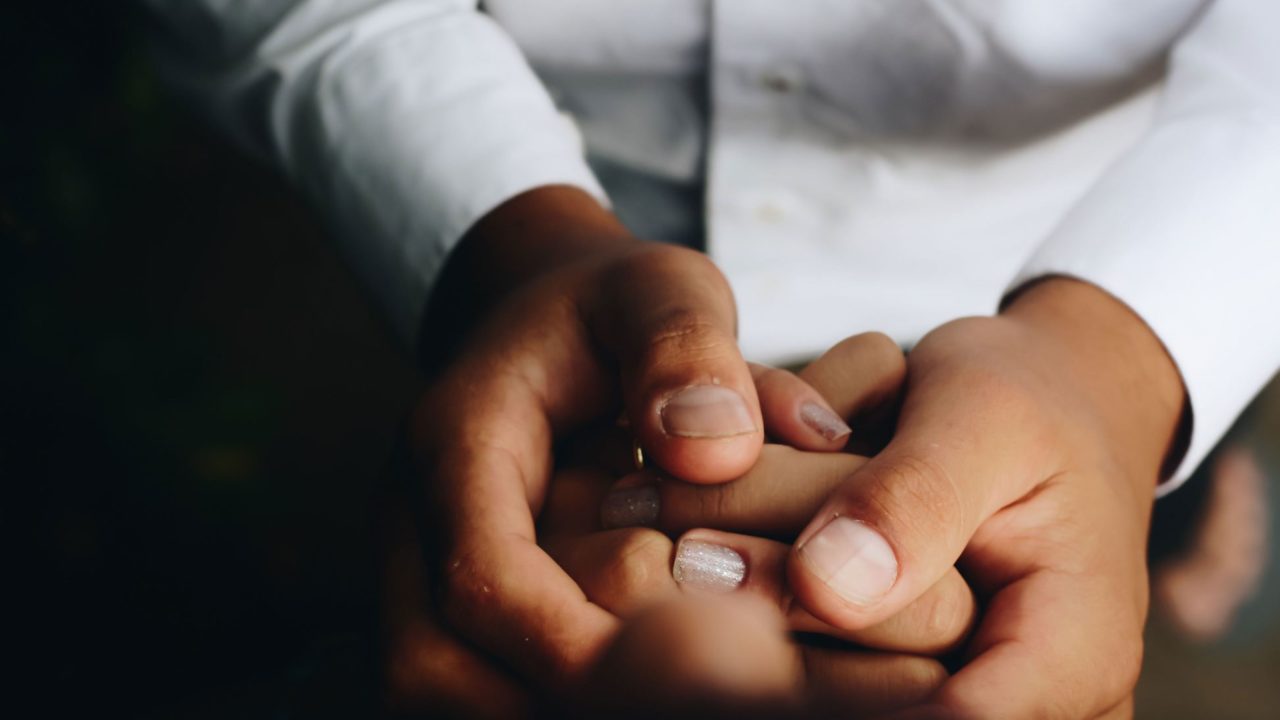A Sex-Obsessed Culture
Perhaps more than any other area of our lives, our sexuality has become too intertwined with our identity. From entertainment to social media to politics, we don’t have to look very far in our culture to be bombarded with the endless number of ways that sexuality is celebrated. In holding sexuality up at such a high level, we have inextricably linked it to who we are as individuals.
Culture says, “Your sexuality is who you are.” But is that how God intended it to be? If God is the one who created sex and human sexuality, is this what He had in mind? According to the narrative of Scripture, we see that creation, the gospel, and eternity declare a different story.
In the Beginning…
If we look at culture and say, “That is not how God intended it to be,” then we should probably start with the beginning. When God created all things and made man and woman in His image, we see His heart for human flourishing. In Genesis 1 and 2, we see that God created man and woman—each distinct, but fully in His image. He created them for one another and united them in marriage. Right out of the gate, God showed us what was best for human flourishing in His creation. Soon after that came Genesis 3. Adam and Eve took God’s perfect plan and sought their own needs instead. They chose to gratify their desires by their means, and sin has marred humanity ever since.
Our True Identities
We all have come into this world broken—every single one of us—our sexuality included. All of us are born sinners, and every part of us is tainted. Not just sexual sin, but all sin separates us from Christ. However, when we are in Christ, we then have access to our true identity. We are no longer defined by anything we do—”good” or “bad.” As Christians, our previous pattern of sin does not keep us from God, and our good works don’t get us any closer. So even if we fall and sin again, which happens to all us, our identity is not tied up in our failure. Nothing on our end has more power to define us than the blood of Christ, and our sexuality is no exception to that.
Since we’re born into a broken world, none of us have the power to heal ourselves. Only God, through His Son, Jesus, has the power to redeem, restore, and renew us. This includes our sexuality. All of us have misplaced and distorted desires. All of us are bent toward choosing ourselves over God. And, it seems that the church has gone to one of two extremes. We have either drawn a line in the sand and said, “Fix your sexual brokenness, and then you can come to Jesus,” or “Whatever you choose to do is fine with us.”
Enough to Satisfy
However, in our efforts to be more inclusive and to even call ourselves more loving, we have missed so much more. To alter our view of God’s design for marriage and human sexuality is to alter our view of the gospel. The call of the gospel is the same for all people—deny yourself, pick up your cross, and follow Jesus. It’s more than personal preference and happiness. When we push back the boundary lines that God has drawn, we are attempting to make that process easier. We want to deny less. We want to choose Jesus and ourselves at the same time, but that isn’t the call. If Jesus alone isn’t enough to satisfy then we have an insufficient gospel.
With all of the brokenness surrounding sexuality, we can’t help but hope for something new—something better. As Christians, the hope of heaven is that all of our brokenness—sexual brokenness included—will be made new. In being fully united with Christ, we will once again be who we were created to be. We’ll have new bodies in a new creation—untainted by the effects of sin and darkness for eternity.
The Bigger Picture
As we see from Jesus’ teaching in the Gospels—marriage as we know it will not be a reality in heaven (Matthew 22:29-30). All believers will fully be united to Christ as His bride (Revelation 19:7-9). If human matrimony, and therefore sexual expression, will not be a part of eternal life with God, we know it is not the most significant aspect of our identity. After all, Jesus Himself was celibate. Our sexuality and our brokenness don’t define us in this life, and they won’t in the life to come.
The story of God begins and ends with a marriage. The first being Adam and Eve, and the last being Christ and the church. The first was always meant to point to the last. That is what all of creation, and the hope of the gospel, is leading us to at the culmination of all things.
The Confidence We Need
So, what does all of this mean for the church—the body of Christ? How are we to rightly engage with an evolving culture while also loving people well? We must have confidence in the gospel of Jesus. We must have confidence that God’s design for our human flourishing—marriage between one male and one female—is still what is best for us. We must have confidence that the hope that He offers us in Christ is sufficient to heal our brokenness and satisfy our every need. And, we must have confidence that He will one day make all things new.
